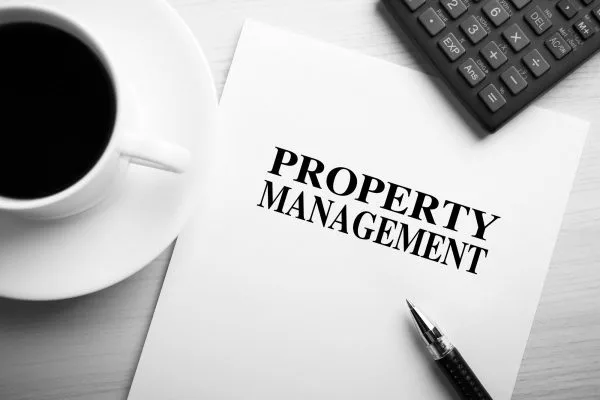Real estate investment is one of the most rewarding sectors when done right. Investors with rental properties can improve their return on investment by improving their management strategies. Effective rental property management ensures smooth operations and helps boost profits. This piece explores various property management strategies owners can use to maximize property returns.
Research and Understand the Market
Investors should strive to identify a profitable real estate investment option based on their skills and experience. There are many property management opportunities investors can take advantage of. However, investors must evaluate the market trends, calculate the return on investment, know the investment requirements, and understand demand and supply dynamics. Understanding the property market helps the investor achieve investment goals and maximize profits.
Use Proven Rental Property Marketing Options
Investors who choose rental properties should invest in effective marketing to reduce the vacancy rate. This is the first step towards maximizing return on investment. Since most people search for rental houses online, property management in Milpitas recommends listing rental houses on the leading rental property websites and social media platforms to attract tenants. Other marketing options investors can consider include newspapers, billboards, and magazines. Airbnb investors can also use vacation rental websites, travel magazines, and social media platforms.
Adopt a Cost-Effective Maintenance Strategy
Property repair and maintenance costs can eat up the profit generated by rental properties. Therefore, managers should consider preventive measures and seek timely repair services. Regular inspections and prompt repairs cut maintenance costs since professionals identify and fix any issues on time. This approach improves profits, ensures tenant satisfaction, and cuts maintenance costs.
Screen Tenants
The right tenants will likely pay on time, report any issues promptly, and take care of a rental property. Therefore, investors should apply appropriate screening methods to identify the target tenants. Targeting questionable tenants could increase property management costs since some will delay payments, increase property wear and tear, or annoy other tenants. These issues might attract legal fees to demand payment, increase maintenance costs, or scare away good tenants. However, the right tenants rarely move houses, cutting renovation and marketing costs. Therefore, investors or their agents should consider the criminal history, income level, current employer, eviction history, and credit history of potential tenants.
Set Appropriate Rent and Collect It on Time
Property managers should conduct market research regularly and adjust rent based on property market demands. Increasing rent inappropriately could lead to losses since tenants might move to competitors. Besides, charging the area’s highest or lowest rent figures is not always good. Therefore, investors should hire experts to determine the right rental amount to keep the property occupied and generate a high return on investment.
Property managers should ask tenants to sign agreements with reasonable residency terms and conditions. The tenants should understand when the rent is due, the available payment methods, and the consequences of lateness or failure to pay. Timely payment reduces costs, maintains a steady cash flow, and generates a good return over time. It is also important to create rapport with tenants and address their concerns promptly to reduce turnover rates. However, the property managers should not be too friendly since this could make it hard to enforce relevant lease terms.
Real estate investors and property managers should apply the right strategies to maximize return on investment. They can do so through effective marketing, tenant screening, improved maintenance, and setting appropriate terms and rental amounts. Adopting the right property management strategy helps reduce turnover, maximize returns, and achieve financial goals.





